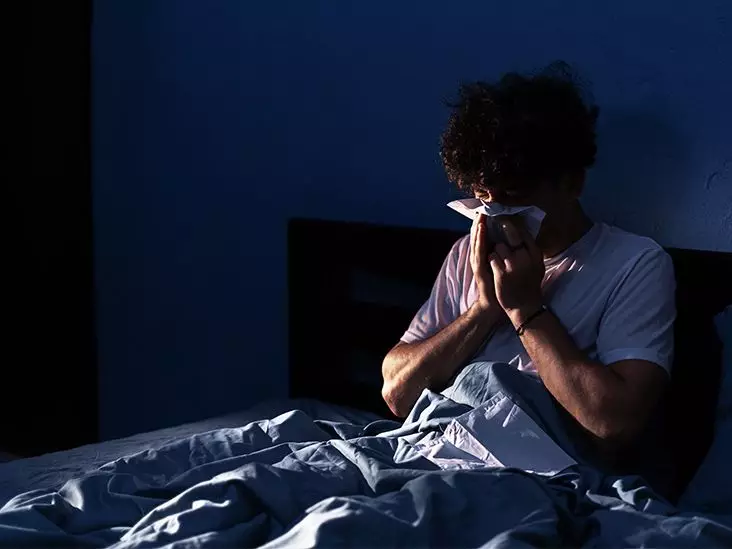When it comes to allergies, the time of day can play a crucial role in exacerbating symptoms. The body’s natural circadian rhythms, or internal biological clocks, can influence the immune system’s response to allergens. This means that allergy symptoms may peak at night due to these innate fluctuations in immune activity.
The environment itself can act as a breeding ground for allergens, making nighttime allergies even more challenging to manage. Dust mites, pet dander, and mold thrive in bedding, carpets, and upholstery, intensifying symptoms for individuals. Additionally, pollen counts tend to be at their highest during the late night and early morning hours, especially for those allergic to outdoor allergens.
Common Nighttime Allergy Symptoms
Nighttime allergy symptoms can manifest in various ways, depending on the individual and the specific allergy. Common symptoms include nasal congestion, sore throat, sneezing, itchy or watery eyes, increased coughing, and wheezing. Lack of quality sleep due to allergy symptoms can lead to a lack of concentration and excessive daytime sleepiness.
The Link Between Allergies and Sleep Apnea
There is a potential connection between allergies and sleep apnea. Allergies can exacerbate or contribute to the development of sleep apnea symptoms. The congestion and inflammation associated with allergies can narrow the airways, making breathing more difficult during sleep. Research shows that allergic rhinitis increases the risk of various sleeping issues, including insomnia, bedwetting, obstructive sleep apnea, and snoring.
To effectively manage nighttime allergies, a multi-faceted approach is necessary. Here are some tips to reduce bedroom allergens, alleviate symptoms, and promote better sleep:
Allergen-Proof the Bedroom:
Use allergen-proof covers on pillows and mattresses, wash bedding regularly in hot water, and keep pets out of the bedroom.
Close Windows:
Reduce pollen exposure by closing windows.
Use HEPA Purifiers:
Consider using HEPA filters to remove airborne allergens.
Dehumidifiers:
Maintain humidity levels below 50%, especially in the bedroom.
Nasal Irrigation:
Clear nasal passages before bedtime using saline sprays or irrigation systems.
Allergy Medications:
Consult a healthcare professional for over-the-counter or prescription antihistamines and decongestants.
When experiencing nighttime allergies, sleeping in certain positions can provide relief. Elevating the upper body with an extra pillow or using an adjustable bed may help reduce nasal congestion. Some individuals find sleeping on their back preferable to avoid contact with pillows, although this can increase postnasal drip.
If self-care measures do not alleviate nighttime allergies or if symptoms significantly impact quality of life, it may be time to consult an allergist or immunologist. These specialists can conduct allergy testing to identify specific triggers and recommend personalized treatment options, including allergen immunotherapy. This therapy exposes individuals to controlled doses of allergens to desensitize the immune system over time, providing lasting relief and potential long-term remission of symptoms.
Understanding and managing nighttime allergies require a comprehensive approach that takes into account circadian rhythms, environmental allergens, common symptoms, and potential links to sleep apnea. By implementing strategies to reduce allergen exposure, alleviate symptoms, and seek professional guidance when needed, individuals can effectively manage nighttime allergies and improve their quality of life.

